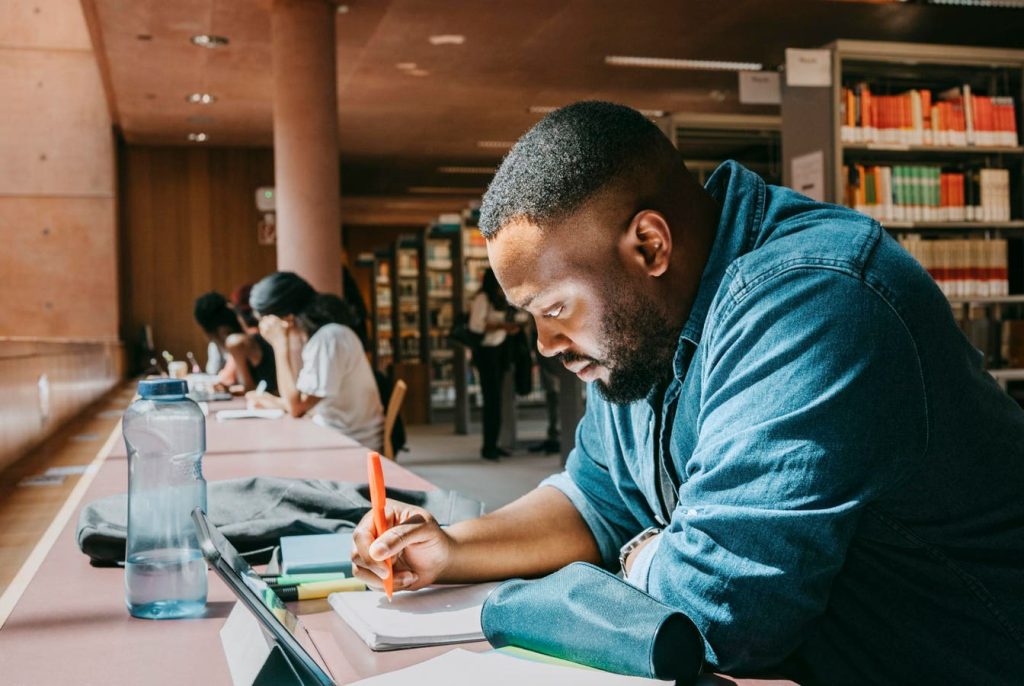Elise Awwad, the president and CEO of DeVry University, highlights the importance of lifelong learning in higher education, emphasizing the need for colleges and universities to adapt to the changing dynamics of the workforce. Traditional degrees are no longer sufficient in today’s rapidly evolving job market, where digital literacy, critical thinking, and adaptability are key skills in demand. As technology continues to advance and industries undergo rapid changes, lifelong learning has become essential for career success and fulfillment.
To cater to the needs of nontraditional adult learners, institutions must offer flexible and accessible learning opportunities that accommodate individuals with varying schedules and responsibilities. By providing modular, stackable learning options and personalized learning paths, students can continue to build upon their education as their careers progress and interests evolve. Collaborations with industries can also ensure that curricula remain relevant and aligned with current and future job market needs, preparing students for real-world work situations through internships, apprenticeships, and mentorship programs.
A holistic approach to lifelong learning involves integrating lifelong learning principles into an institution’s curriculum, creating courses that not only provide immediate skill acquisition but also lead to more comprehensive certifications and degrees. Flexibility is key, allowing students to engage in learning pathways that suit their changing career goals and life circumstances. Partnerships with industry stakeholders help identify emerging skill needs and integrate real-world examples into coursework, enhancing the relevance of education and providing learners with practical experience.
In order to capture the increasing demand for lifelong learning, universities must utilize data analytics to understand the needs and preferences of learners, enabling continuous improvement and customization of offerings. Enhancing awareness and value perception, engaging alumni as lifelong learners, sharing success stories, offering flexible courses and programs, and utilizing technological tools to enhance the learning experience are all essential strategies for meeting the needs of lifelong learners. By accommodating diverse schedules and commitments, providing relevant and engaging education, and supporting ongoing learning, higher education institutions can better serve the evolving needs of learners in today’s complex job market.
Challenges in implementing lifelong learning in higher education stem from institutional, systemic, and societal factors, including a cultural expectation that education is a terminal phase that ends with a degree. However, institutions must be agile, student-centered, and forward-thinking to align with the demands of the global economy and society. By understanding the root causes of these challenges and proposing real solutions, higher education institutions can better prioritize and integrate lifelong learning opportunities, preparing students for success in a rapidly changing and competitive workforce.


